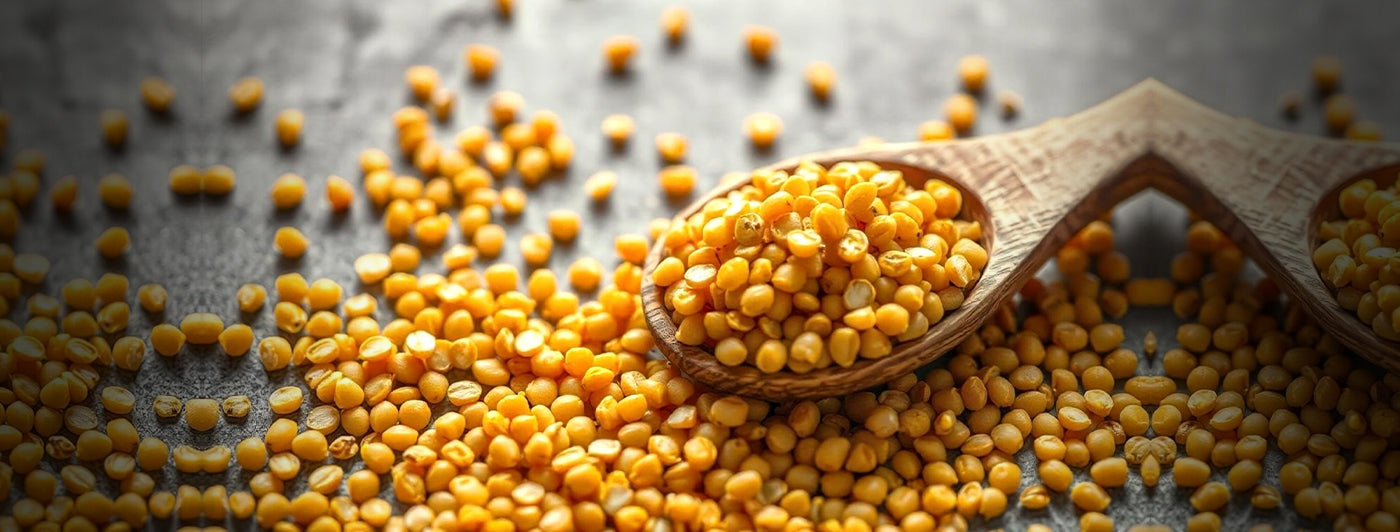As people age, their bodies experience various physiological changes that influence how nutrients are absorbed and utilized. These factors affecting nutritional needs are critical to understanding and adapting diets to promote healthy aging. This article explores the key elements that impact nutrition in older adults and provides guidance on how to address these changes effectively.

1. Muscle Loss and Protein Requirements
Age-related muscle loss, known as sarcopenia, is one of the most significant factors affecting nutritional needs in older adults. Muscle mass naturally decreases with age, affecting physical strength, metabolism, and overall mobility. This loss accelerates after the age of 60, making adequate protein intake crucial to prevent further decline. Older adults benefit from diets rich in protein to support muscle maintenance and repair. Incorporating protein-rich foods such as lentils, beans, and nuts into meals can be effective.
For individuals who struggle to meet their protein requirements through diet alone, exploring options like protein powder for elderly, designed to cater to their specific needs, can help maintain adequate protein intake.
2. Decline in Digestive Efficiency
A natural decline in digestive efficiency is another key factor affecting nutritional needs. With aging, the production of stomach acid and digestive enzymes decreases, reducing the body’s ability to absorb essential nutrients such as vitamin B12, calcium, and iron. This can lead to deficiencies if not addressed.
To overcome these challenges, older adults should prioritize nutrient-dense, easily digestible foods. Some protein powder making processes involve hydrolyzing proteins into simpler forms, which makes them easier for the digestive system to absorb. Adding fiber-rich foods to the diet can further support digestion and nutrient uptake.
3. Reduced Appetite and Caloric Intake
Reduced appetite is a common issue among older adults, caused by changes in hormones, medications, and a less active lifestyle. This decreased appetite often results in lower caloric and nutrient intake, making it a significant factor affecting nutritional needs.
To combat this, nutrient-dense foods that provide essential vitamins and minerals in smaller portions should be prioritized. Smoothies or shakes fortified with vitamins and minerals can provide a simple yet effective way to enhance overall nutrient intake without requiring large meals.
4. Bone Health and Calcium Needs
Bone health is a crucial consideration in old age, as calcium absorption efficiency decreases over time. This reduction is compounded by lower levels of vitamin D, which is necessary for calcium metabolism. The resulting risk of osteoporosis makes this a key factor affecting nutritional needs.
A carefully planned diet for old age should focus on calcium-rich foods such as fortified plant-based milk, leafy greens, and almonds. Combining these with protein-rich options ensures a well-rounded approach to supporting skeletal health.
5. Immune Function Decline
Aging also impacts the immune system, increasing susceptibility to illnesses and delaying recovery times. A weakened immune system is a significant factor affecting nutritional needs, as it necessitates a diet rich in immune-supporting nutrients like zinc, vitamin C, and vitamin D.
Colorful fruits, vegetables, seeds, and nuts should form the foundation of an immune-boosting diet. In cases where dietary sources are insufficient, older adults may consider fortified foods or supplements that address these gaps.
6. Metabolic Slowdown
Metabolism naturally slows down with age, reducing the body’s caloric requirements. However, the need for essential nutrients like proteins, vitamins, and minerals remains unchanged—or even increases. This creates a unique challenge and is a critical factor affecting nutritional needs.
To address this, older adults should focus on nutrient-dense meals. Whole grains, healthy fats, and lean proteins help provide necessary energy without excessive calories. Supplements, when needed, should be tailored to support metabolic health and overall vitality.
7. Lifestyle and Activity Levels
Physical activity levels vary significantly among older adults, and this can directly affect their dietary requirements. Active seniors may require more protein and calories to sustain energy levels and muscle recovery, while sedentary individuals need to balance calorie intake carefully to avoid unnecessary weight gain.
Including protein at every meal is a simple yet effective way to meet the varying demands of activity levels. Incorporating a plant based protein powder can support protein intake in an easily consumable form, ensuring nutritional needs are met without additional strain on the digestive system.
Conclusion
Understanding the factors affecting nutritional needs in old age is crucial for maintaining health and well-being. From muscle loss and digestive efficiency to immune decline and metabolic changes, these factors highlight the importance of tailoring diets to address the specific challenges of aging.
A nutrient-dense diet focusing on high-quality proteins, essential vitamins, and minerals can help older adults maintain strength, energy, and overall vitality. By addressing these needs thoughtfully, it is possible to improve quality of life and support healthy aging.











